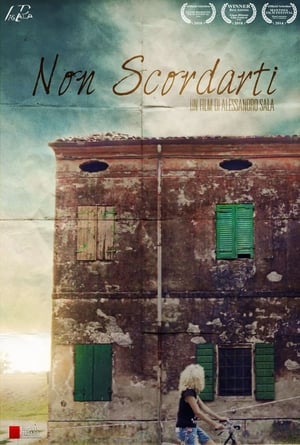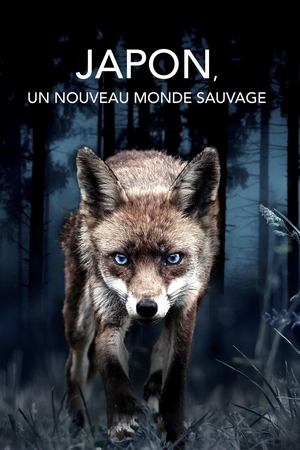

Search for the Japanese Fleet(2000)
In June 1942, Japanese bombers tried to level the American presence on Midway Island in a bid to steam unimpeded toward the U.S. mainland. Yet the U.S. Navy had two aces up its sleeve: advance knowledge of Japanese plans and a dive-bomber that was nearly invulnerable to attack. When the smoke cleared after the U.S. ambush, four Japanese aircraft carriers -- the Kaga, the Soryu, the Hiryu and the Akagi -- lay on the ocean floor. The program shows how the U.S. Navy and private enterprise teamed up on a 1999 expedition that solved a half-century of military mystery: where exactly did the Japanese ships go down?
Movie: Search for the Japanese Fleet

Search for the Japanese Fleet
HomePage
Overview
In June 1942, Japanese bombers tried to level the American presence on Midway Island in a bid to steam unimpeded toward the U.S. mainland. Yet the U.S. Navy had two aces up its sleeve: advance knowledge of Japanese plans and a dive-bomber that was nearly invulnerable to attack. When the smoke cleared after the U.S. ambush, four Japanese aircraft carriers -- the Kaga, the Soryu, the Hiryu and the Akagi -- lay on the ocean floor. The program shows how the U.S. Navy and private enterprise teamed up on a 1999 expedition that solved a half-century of military mystery: where exactly did the Japanese ships go down?
Release Date
2000-01-01
Average
0
Rating:
0.0 startsTagline
Genres
Languages:
Keywords
Similar Movies
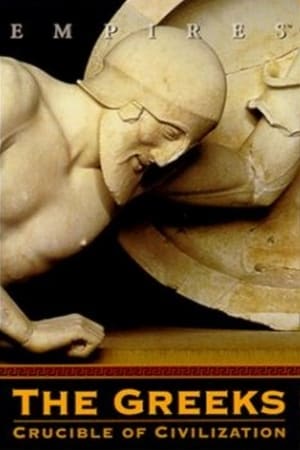 0.0
0.0The Greeks: Crucible of Civilization(en)
It was perhaps the most spectacular flourishing of imagination and achievement in recorded history. In the Fourth and Fifth Centuries BC, the Greeks built an empire that stretched across the Mediterranean from Asia to Spain. They laid the foundations of modern science, politics, warfare and philosophy, and produced some of the most breathtaking art and architecture the world has ever seen. This series, narrated by Liam Neeson, recounts the rise, glory, demise and legacy of the empire that marked the dawn of Western civilization. The story of this astonishing civilization is told through the lives of heroes of ancient Greece. The latest advances in computer and television technology rebuild the Acropolis, recreate the Battle of Marathon and restore the grandeur of the Academy, where Socrates, Plato and Aristotle forged the foundation of Western thought.
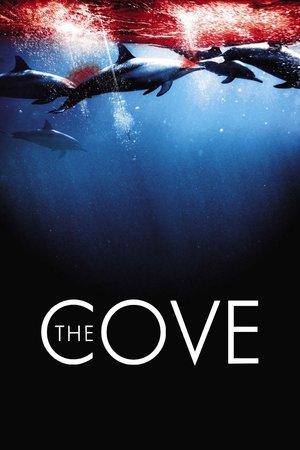 7.9
7.9The Cove(en)
The Cove tells the amazing true story of how an elite team of individuals, films makers and free divers embarked on a covert mission to penetrate the hidden cove in Japan, shining light on a dark and deadly secret. The shocking discoveries were only the tip of the iceberg.
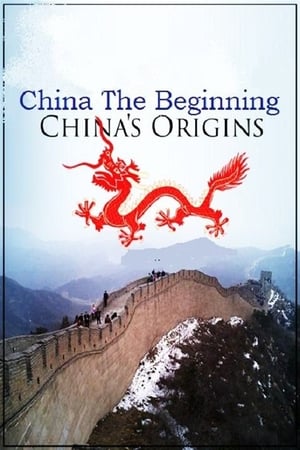 0.0
0.0China: The Beginning - China's Origins(en)
China is the only civilization that continues to hold sway throughout its entire territory as defined by its ancient borders. This three-part series retraces almost 2,000 years of Chinese ancient history – a period that holds vital clues to understanding how this powerful nation was built. Many people forget that during the heyday of the Christian era, China was already a highly developed country. In this fascinating program we will focus on the heart of one of the most mysterious countries in the world. Witness the evolution of civilization and visit the places where the dignitaries are buried, also visit the mausoleum of China's first emperor Qin Shi Huang Di.
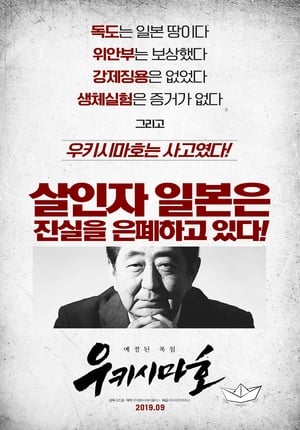 0.0
0.0The Ukishima Maru Massacre(ko)
22nd of August, 1945. Japan lost the war and they loaded an 8,000 person Joseon laborer force onto a ship called the Ukisima to take them to the Busan Port. However, the ship sunk into the water due to an unknown blast. This is the story of thousands of Joseon people who dreamed of returning to their families and how they died.
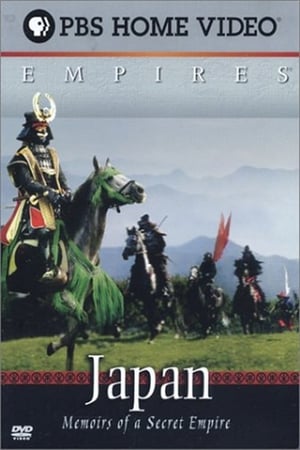 9.5
9.5Japan: Memoirs of a Secret Empire(en)
Japan blossomed into its Renaissance at approximately the same time as Europe. Unlike the West, it flourished not through conquest and exploration, but by fierce and defiant isolation. And the man at the heart of this empire was Tokugawa Ieyasu, a warlord who ruled with absolute control. This period is explored through myriad voices-- the Shogun, the Samurai, the Geisha, the poet, the peasant and the Westerner who glimpsed into this secret world.
The L.A. Riots: 25 Years Later(en)
HISTORY brings you an all-encompassing documentary event cantered around the 25th anniversary of the LA Riots, the most destructive riot in American history that left 53 people dead and caused over a billion dollars in damage.
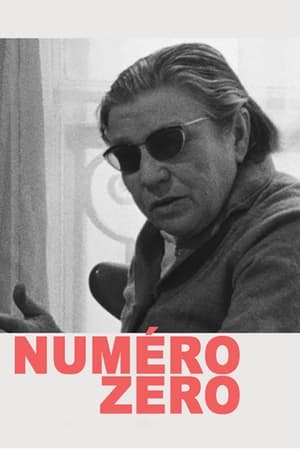 9.5
9.5Numéro zéro(fr)
A family portrait in which the director profiles his grandmother, Odette Robert. Eustache includes in the film the conditions of its production — he is seated at the table with her, pours her some whiskey, speaks with the camera operator, manipulates the clapboard at the head and tail of the reels, and even takes a phone call. Robert, who was seventy-one, speaks rapidly and tells the story of her life, starting from her early childhood in villages in the Bordeaux region of France. A shorter version of the film ("Odette Robert") was edited in 1980 to be broadcast on television on TF1. The complete film only gained exposure in 2002, when it was salvaged by Boris Eustache, Thierry Lounas, João Bénard da Costa, Jean-Marie Straub, and Pedro Costa.
 0.0
0.0Memory Books(en)
In Uganda, AIDS-infected mothers have begun writing what they call Memory Books for their children. Aware of the illness, it is a way for the family to come to terms with the inevitable death that it faces. Hopelessness and desperation are confronted through the collaborative effort of remembering and recording, a process that inspires unexpected strength and even solace in the face of death.
Kintaro Walks Japan(en)
Kintaro Walks Japan is a documentary film produced and directed by Tyler MacNiven. It is an account of MacNiven's journey walking and backpacking the entire length of Japan from Kyūshū to Hokkaidō, more than 2000 miles in 145 days.
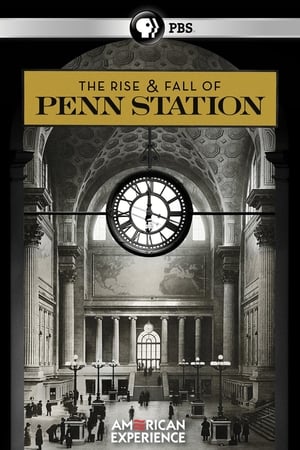 9.5
9.5The Rise & Fall of Penn Station(en)
In 1910, the Pennsylvania Railroad successfully accomplished the enormous engineering feat of building tunnels under New York City's Hudson and East Rivers, connecting the railroad to New York and New England, knitting together the entire eastern half of the United States. The tunnels terminated in what was one of the greatest architectural achievements of its time, Pennsylvania Station. Penn Station covered nearly eight acres, extended two city blocks, and housed one of the largest public spaces in the world. But just 53 years after the station’s opening, the monumental building that was supposed to last forever, to herald and represent the American Empire, was slated to be destroyed.
 7.7
7.7When We Were Kings(en)
It's 1974. Muhammad Ali is 32 and thought by many to be past his prime. George Foreman is ten years younger and the heavyweight champion of the world. Promoter Don King wants to make a name for himself and offers both fighters five million dollars apiece to fight one another, and when they accept, King has only to come up with the money. He finds a willing backer in Mobutu Sese Suko, the dictator of Zaire, and the "Rumble in the Jungle" is set, including a musical festival featuring some of America's top black performers, like James Brown and B.B. King.
 7.5
7.5Planet Food: Spice Trails(en)
In this remarkable journey, Planet Food travels the world to see how control of the spice trails, over the last five millennia, has made great cities and destroyed ancient civilizations. Our guides travel from the Molucca Islands of Indonesia, the original home of cloves and nutmeg, to the Indian province of Kerala, with its native pepper and cardamom. Additional stops include Venice, Beirut, Cairo and other significant places in the spice trade that created and toppled empires.
 0.0
0.0Defend, Conserve, Protect(en)
Narrated by Dan Aykroyd, Defend, Conserve, Protect, pits the marine conservation group, Sea Shepherd, against the Japanese whaling fleet, in an epic battle to defend the majestic Minke whales.
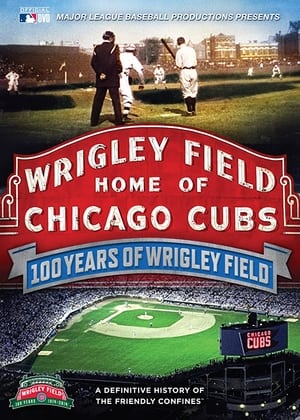 0.0
0.0100 Years of Wrigley Field(en)
100 Years of Wrigley Field celebrates a century of the greatest moments and best personalities of the ballpark on Chicago's North Side.
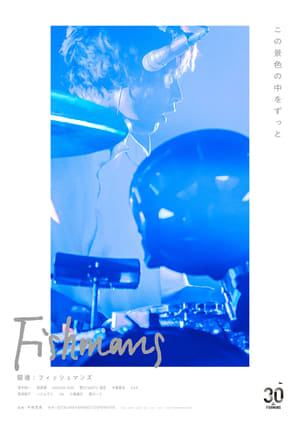 0.0
0.0Fighting Spirit: Fishmans(ja)
A documentary film chronicling the rehearsal, preparation and performance of a Fishmans concert performed on February 19, 2019 @Zepp Tokyo.
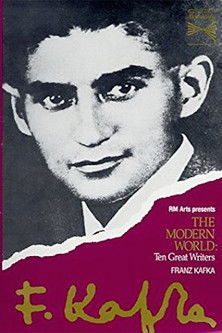 0.0
0.0Franz Kafka's 'The Trial'(en)
BBC documentary about Franz Kafka played by GREEK TV in 1990.This documentary is one of the ten films of "The Modern World: Ten Great Writers (1988)".
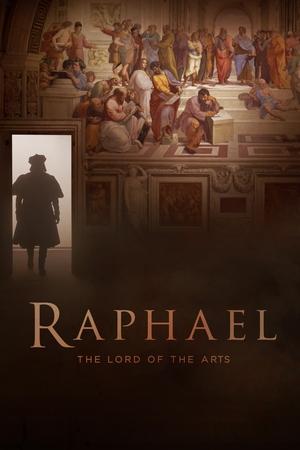 7.7
7.7Raphael: The Lord of the Arts(it)
Raphael: The Lord of the Arts is a documentary about the 15th century Italian Renaissance painter Raphael Sanzio.
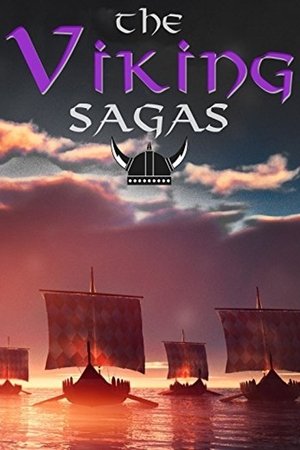 5.3
5.3The Viking Sagas(en)
Dr Janina Ramirez travels across glaciers and through the lava fields of Iceland to find out about one of the most compelling of the great Viking stories - the Laxdaela Saga. This hour-long film explores how the unique literary achievements of the Saga writers were possible at a time of such immense cultural, political and religious upheaval.

